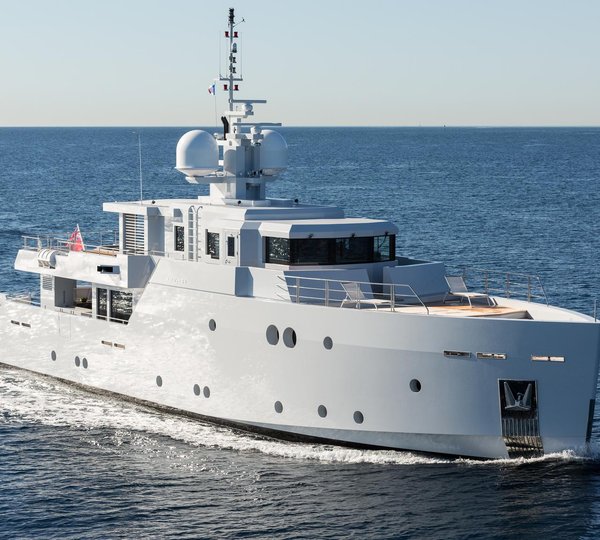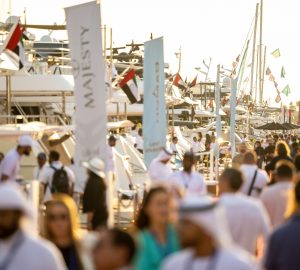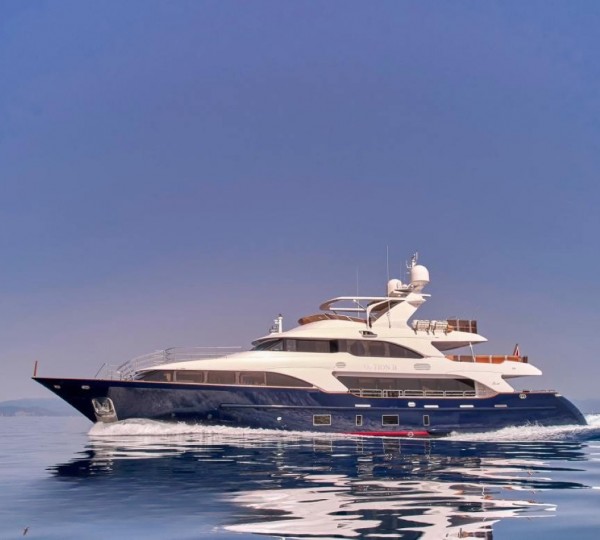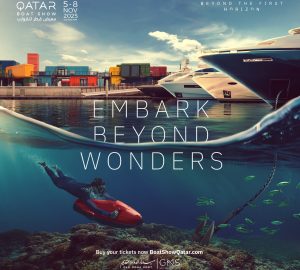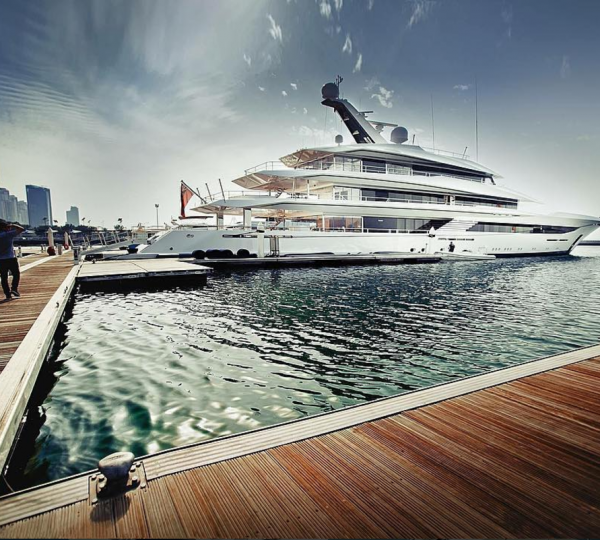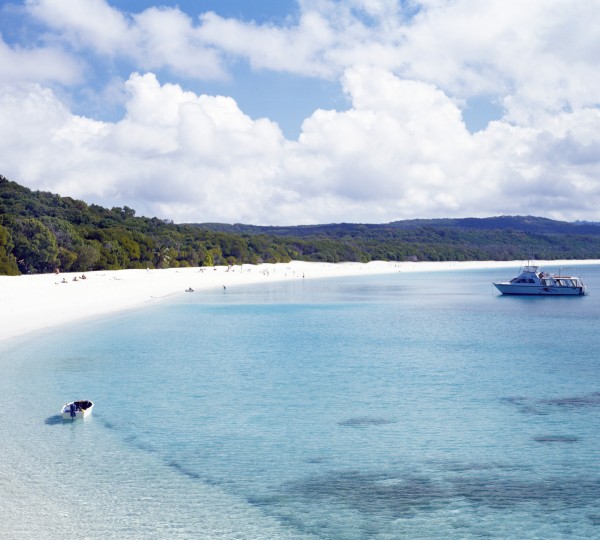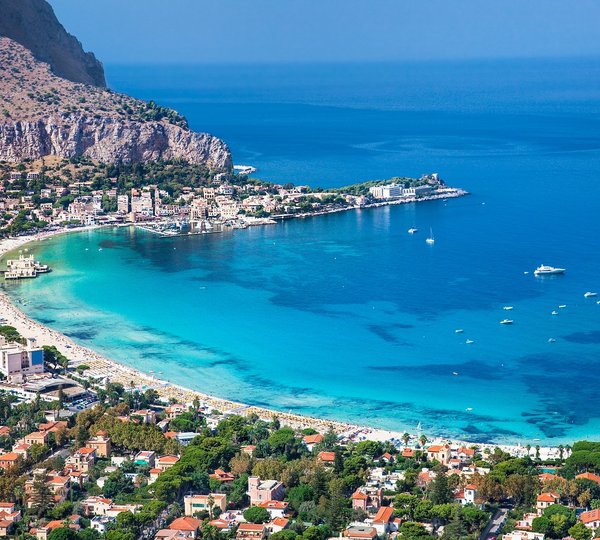Information on yacht charter contracts
Chartering a yacht is great fun, however there are a few points to take on board such as cruise dates, destinations, cost and which yacht to charter. A broker will put together a contract that covers all of the above along with any additional information you may need to know about.
Contracts can often be a little confusing. Don’t worry unduly, international charter organisations have made sure the jargon is easy for charterers to understand, so that’s good news.
The Mediterranean Yacht Brokers Association (MYBA) terms and the Caribbean Terms Inclusive (CTI) are two of the basic terms under which yacht charters operate.
MYBA – plus all expenses
Let’s take the Mediterranean Yacht Brokers Association terms first. This is best understood as a contract with “plus all expenses”. It was once called the Western Med Terms (WMT). An MYBA contract allows an a la carte approach to all the services offered. The concept being that most people who charter yachts in the Med tend to go ashore to eat for instance. This means food and drinks on board would be surplus to requirements so a waste of guests’ money.
When it comes to money, the basic charter fee includes:
1. The crew’s wages and food
2. The yacht’s laundry
3. The yacht, its equipment like water toys, entertainment systems and spa
4. The operating consumables
5. Insurance cover for the crew and the vessel
Here are some other expenses to mull over. These will be charged to the charter at the cost paid with no mark ups are:
1. Fuel for the yacht and tenders
2. Harbour fees
3. Food and drinks for charter guests
4. Communications
5. Laundry
6. Shore side electricity
7. Dockage
The MYBA terms are fair to the charterer and the vessel, so most charter superyachts operate on these terms worldwide.
Caribbean terms inclusive – mostly all-inclusive packages
Caribbean terms inclusive (CTI) is also known as Standard Caribbean Terms (SCT). It’s a “mostly all-inclusive package”.
CTI includes everything in the MBYA basic charter fee including the following:
1. Four hours cruising each day
2. Three meals per day for guests
3. Some drinks, some yachts include wines and bar liquors while others charge extra for beverages)
EMT (Eastern Mediterranean terms) are sometimes used. These are the same as Caribbean terms inclusive, exceptions being only breakfast and lunch are provided. This is based on the assumption that charter guests will dine on shore during the evenings.
Non-disclosure agreement
Charter brokers and crews are well known for being protective and discreet regarding their charter clients. However, a non-disclosure agreement isn’t seen as being unusual. If you’re a celebrity for instance who doesn’t want the paparazzi to know your itinerary, chartering a superyacht with this non-disclosure agreement is a way of protecting privacy. Likewise, corporate executives can also take advantage of a non-disclosure agreement.
Common sense prevails
It only takes a bit of common sense when it comes to contracts especially if it involves a superyacht that’s worth millions. Read your contract carefully and if you have any questions, don’t hesitate to ask your charter broker. It’s highly recommended to have a legal adviser read the contract too and discuss any queries with the broker.

